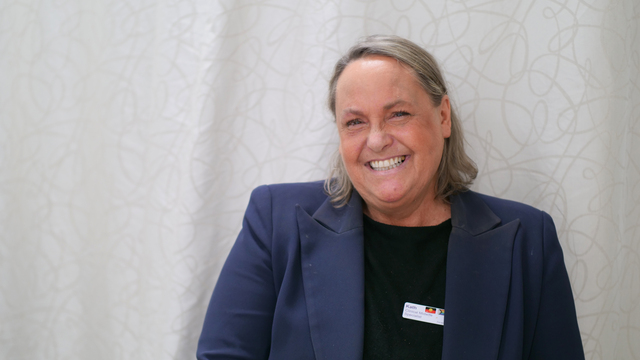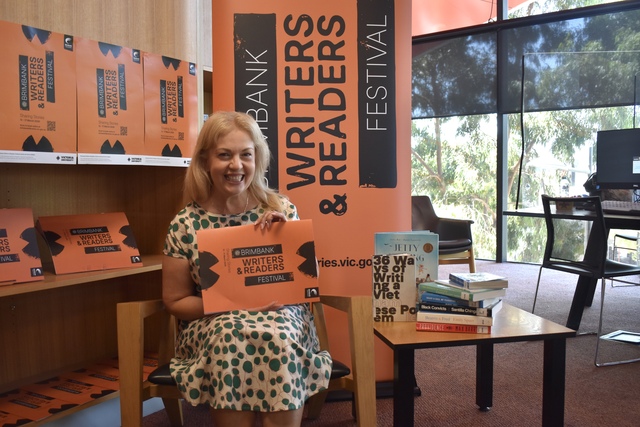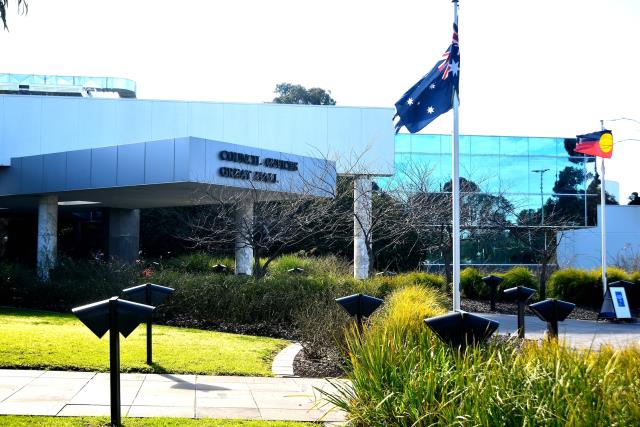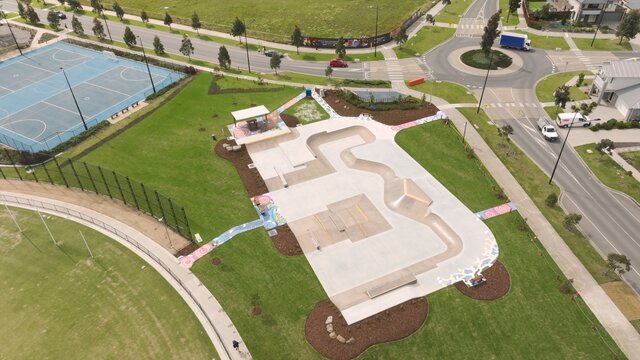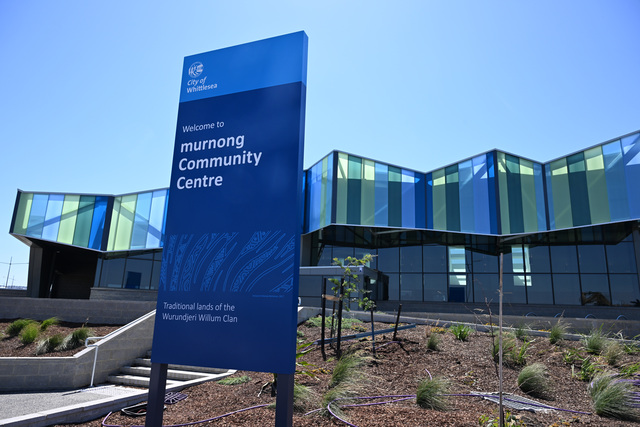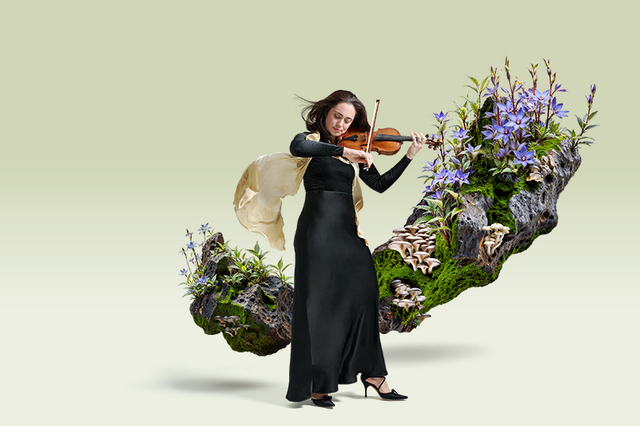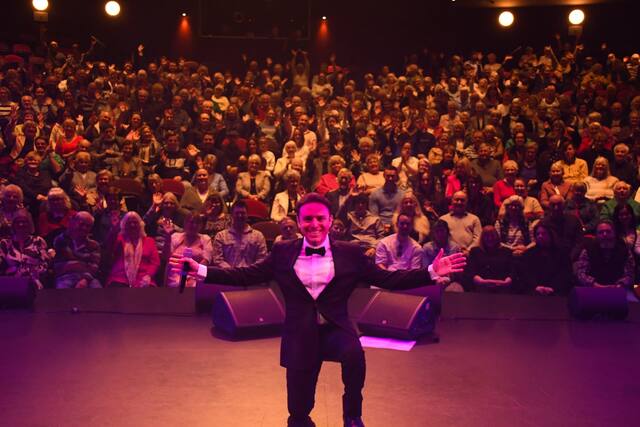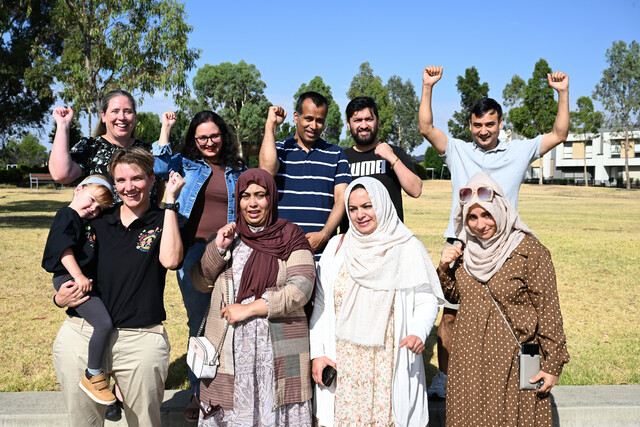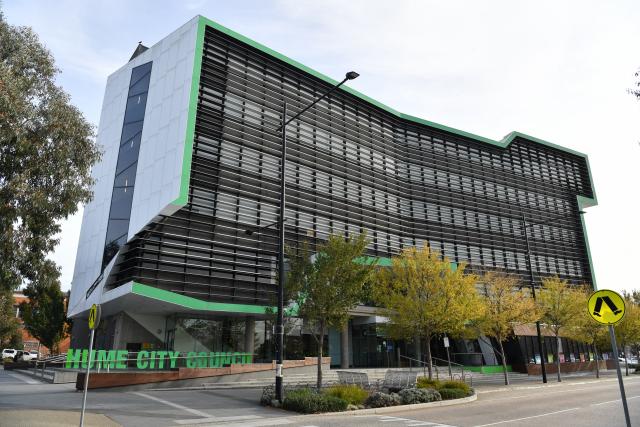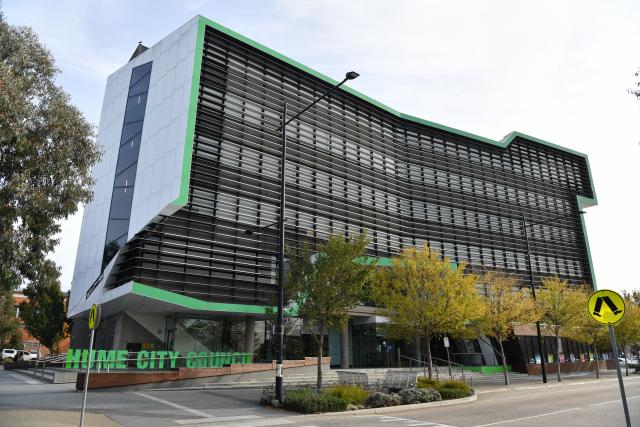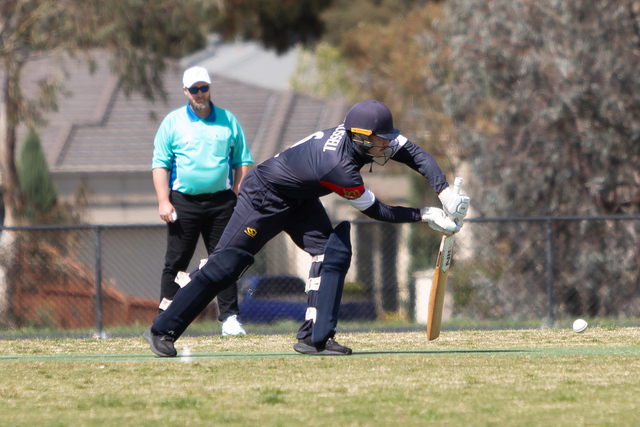In the halls of the Royal Women’s Hospital, a specialist team of seasoned midwives stands out for its unique initiative in supporting women who have faced unexpected outcomes during childbirth.
Kath Cruickshanks is part of the birth reflections team at the women’s. Her journey into midwifery began with a profound personal experience.
“I became a midwife a long time ago because I was privileged enough to be at a friend’s very sad birth. We knew that it was going to be a sad birth, and I was just the support person,” she said.
This event was a turning point for Kath, steering her from a corporate career back to healthcare.
“It was literally because of my friend’s very sad birth that I became a midwife.”
The birth reflections team was established at the women’s with the help of funding for late-career midwives, allowing experienced clinicians like Kath to focus on debriefing and birth reflection roles.
“One of our projects was setting up this service at the hospital and seeing women who have had an unexpected outcome,” Kath said.
These outcomes can range from serious post-birth bleeds and severe perineal tears to emergency caesarean sections.
The team’s mission is clear: they see women before they leave the hospital to help them understand their birth experience, answer any lingering questions, and ensure they have the necessary support systems in place.
“It’s not our job to talk in the debrief moment – our job is to listen,” Kath said.
“It might help them to piece together the moments that led up to the birth, and as senior clinicians we can explain it if they didn’t quite understand or it was too rushed at the time. We also make sure that we ask for their feedback on what we as clinicians could have done differently and we also ask them if they would like to give feedback about any particular staff member.”
This year, Birth Trauma Awareness Week (BTAW), which runs from July 16-22, highlights the theme of informed consent, a cornerstone of respectful maternity care. Informed consent goes beyond merely saying yes to a procedure. It involves understanding the choices, risks, and benefits involved.
Kath said she has witnessed a positive shift in recent years, where women’s experiences are being listened to and acknowledged.
“Women are amazing. Women’s bodies are amazing. I think to sit there and listen to their stories as a senior midwife is a privilege.
“One of the common themes that pops up when we talk to women is communication. Communication is the number one thing that we are still hearing from women and still working on.”
Despite the unpredictability of birth, Kath believes that effective communication and continuity of care are vital.
“Whilst we can help women prepare for birth, we can’t always plan for 100 per cent of everything that happens. Birth is very fluid … it changes on a turn of a dime. We’re hoping that with the work we’re doing we’re able to really stop and help women to be heard and listened to and get on the right pathway before they leave the hospital,” she said.
“Women are being heard and acknowledged with their trauma …I can’t tell you how vital this work is.”

